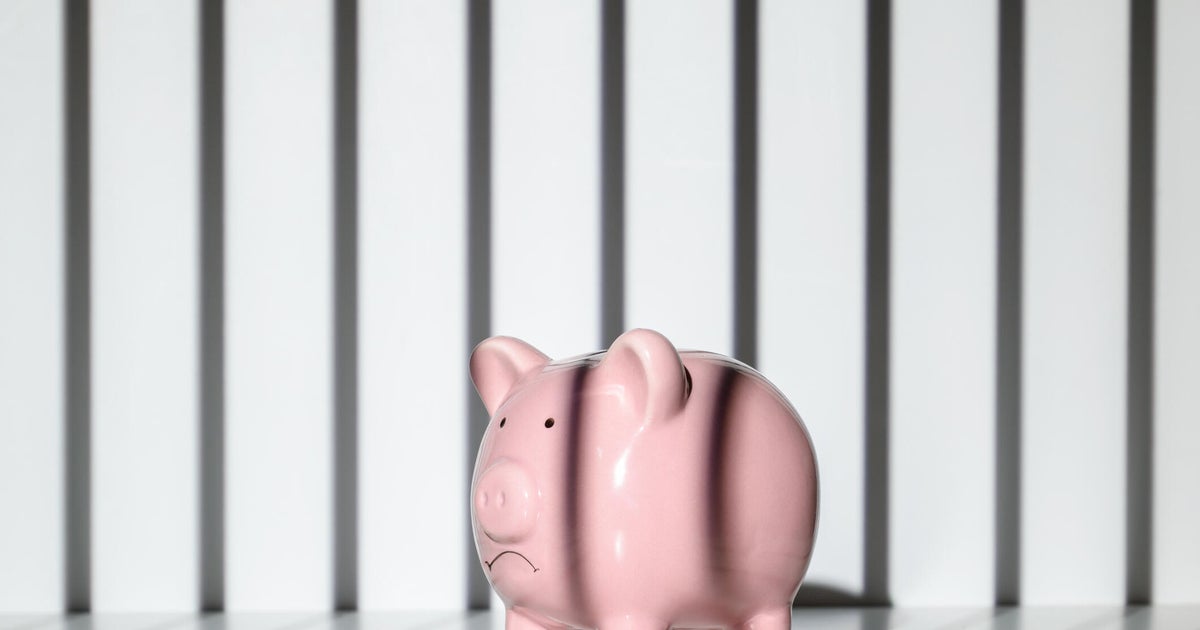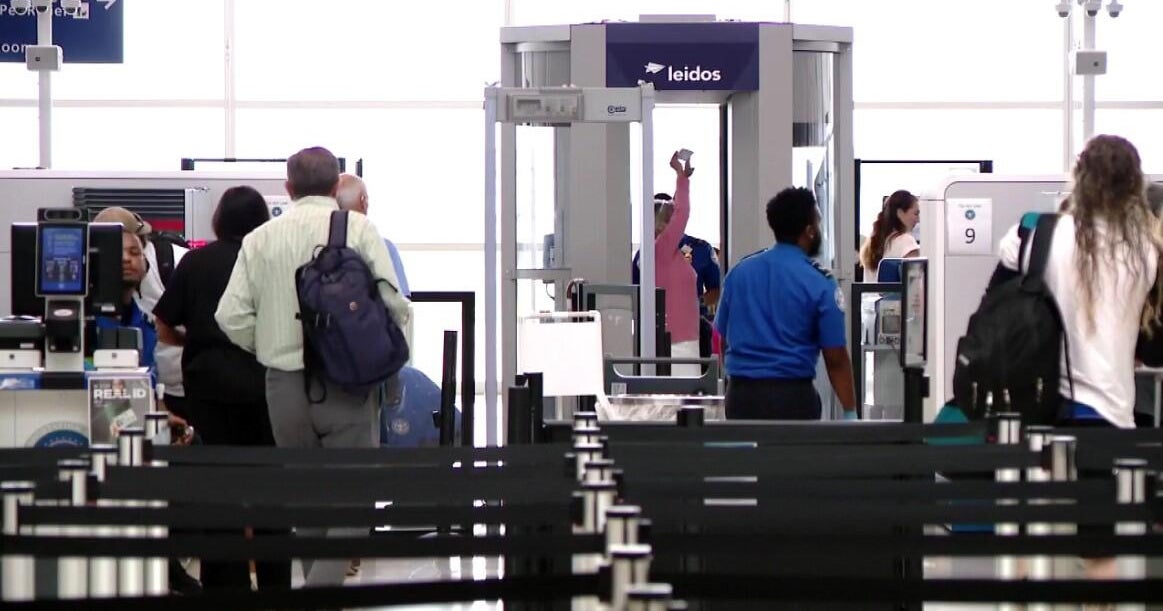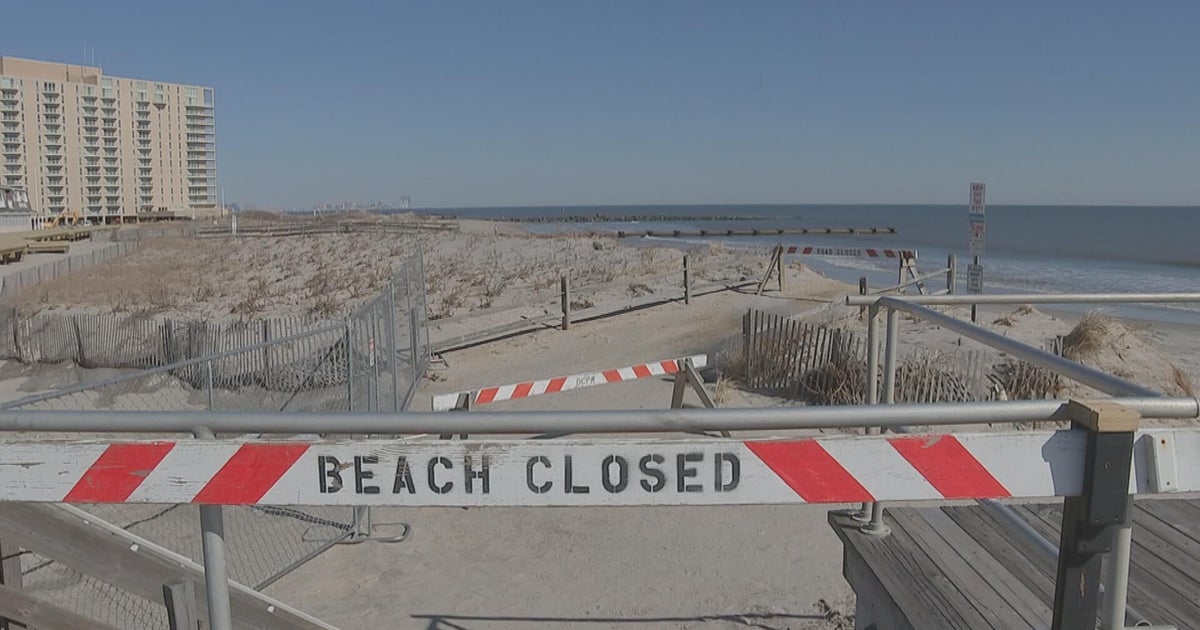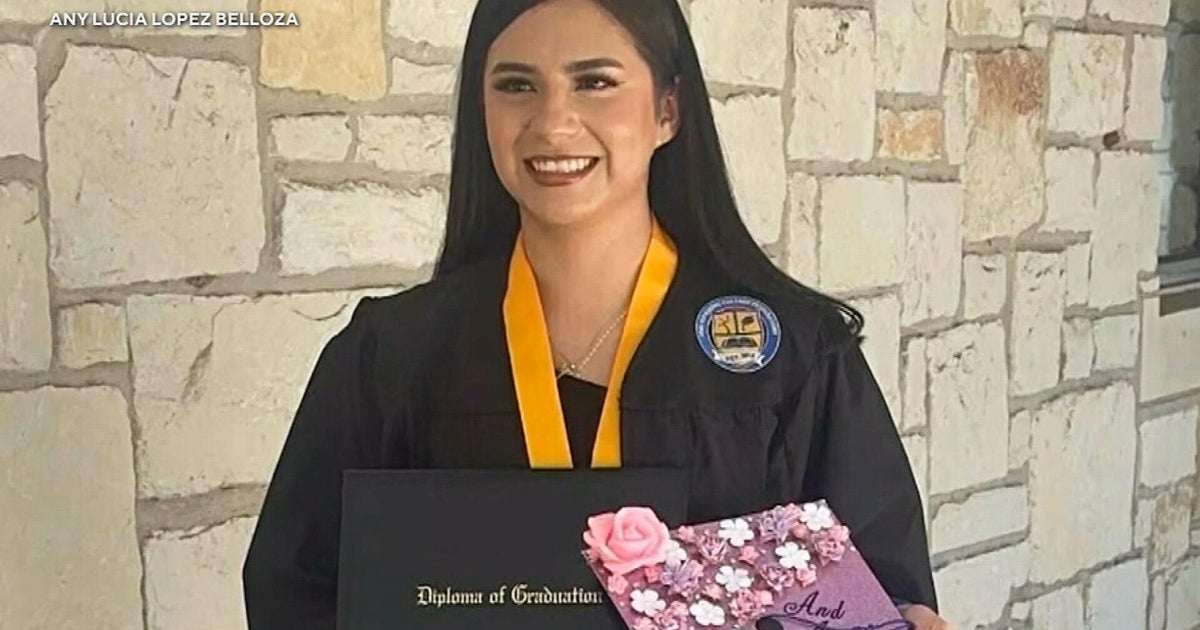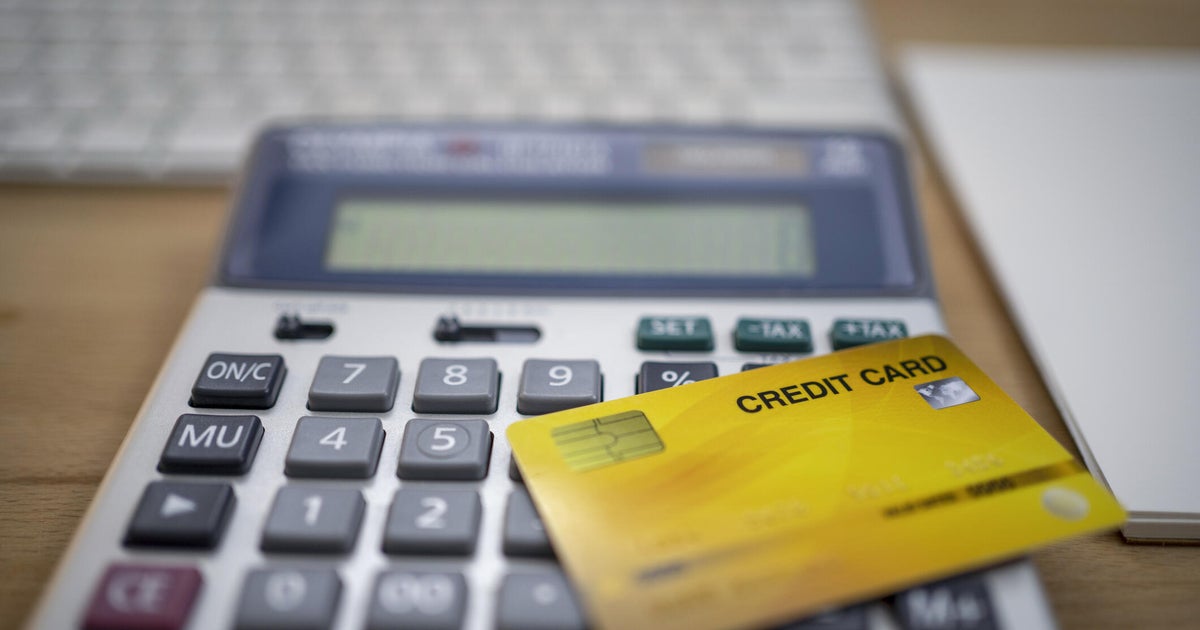Student borrowers in these 13 states may owe taxes on Biden's debt relief
The Biden administration's plan to forgive up to $20,000 in student loan debt is slated to lift a financial burden from millions of Americans. Yet the plan could add tax bills as high as $1,100 for borrowers in some states, according to a recent Tax Foundation analysis.
That may catch some borrowers by surprise, given that the Biden administration noted its loan forgiveness won't be considered federal taxable income under a provision of the American Rescue Plan Act. That law, however, doesn't exempt loan forgiveness at the state level, although some states will likely follow the federal law in their treatment of the loan relief, the think tank said.
As many as 13 states may consider Biden's loan forgiveness to be taxable income, socking borrowers who receive up to $10,000 in loan forgiveness with a tax bill of between $300 to $1,100, according to the Tax Foundation. That could change, as some states may eventually side with the federal government's decision to make the debt relief nontaxable, but borrowers may want to consult their tax preparers in the meantime, the group noted.
"In the coming weeks and months, we are likely to see states issue guidance on the treatment of discharged student loan debt," the foundation's vice president for state projects Jared Walczak wrote in the analysis released Thursday.
Factoring in $10,000 of debt relief, below is the maximum tax liability student-loan borrowers could face in the 13 states identified by the Tax Foundation:
- Arkansas: $550
- Hawaii: $1,100
- Idaho: $600
- Kentucky: $500
- Massachusetts: $500
- Minnesota: $985
- Mississippi: $500
- New York: $685
- Pennsylvania: $307
- South Carolina: $700
- Virginia: $575
- West Virginia: $650
- Wisconsin: $530
Those tax liabilities could double for borrowers who receive up to $20,000 in debt forgiveness, Walczak noted.
Hawaii, Idaho, Kentucky, New York, Pennsylvania and Virginia have already decided to exempt student loan forgiveness money from state taxes, Bloomberg News reported on Tuesday. Arkansas, California, Massachusetts and South Carolina are still mulling it over.
Mississippi's Department of Revenue told Bloomberg that it will tax the student loan forgiveness dollars.
President Biden last week announced his plan to forgive up to $20,000 for borrowers who received a Pell Grant, which are given to low-income students, and up to $10,000 for all other borrowers. To be eligible, an individual borrower must earn less than $125,000, while married couples qualify if they earn less than $250,000. Mr. Biden said roughly 43 million borrowers will benefit from the debt forgiveness.
Student loan debt in the U.S. — both private and public — has ballooned to $1.75 trillion this month, according to Federal Reserve Bank of St. Louis data. Biden's plan will not forgive private student loan debt.
Borrowers who face state taxes for loan relief will owe the levy for the tax year in which the loan is forgiven, the analysis noted. For instance, if the loan relief is provided in 2022, those state taxes will be due by April 15, 2023, which is the filing deadline for that year's taxes.
